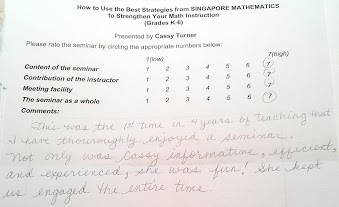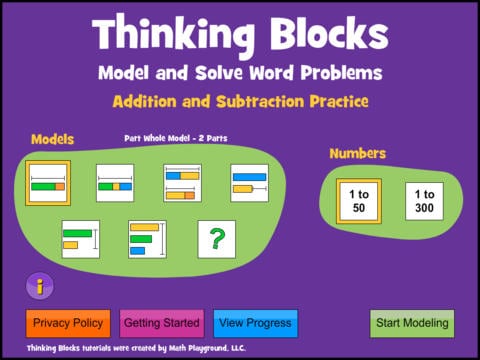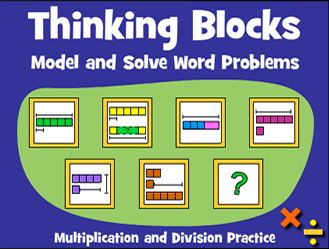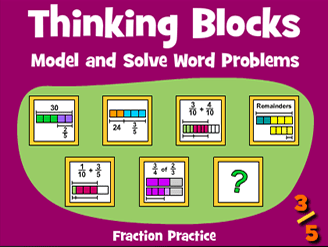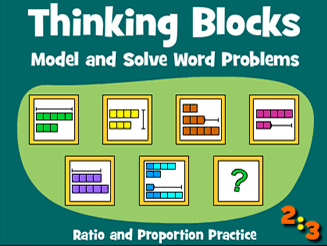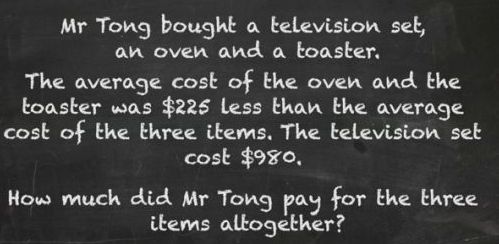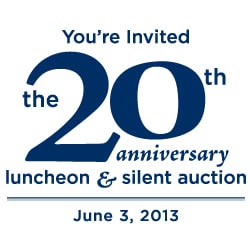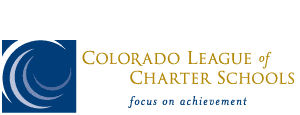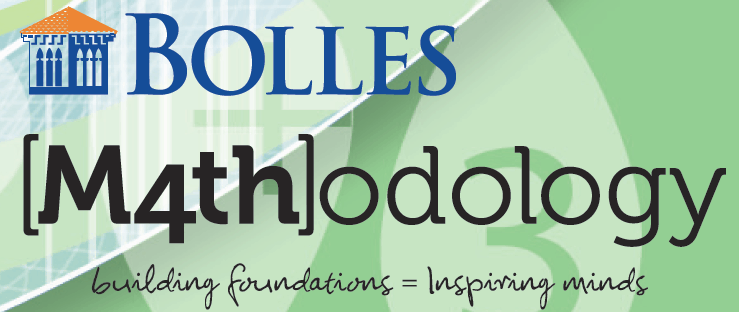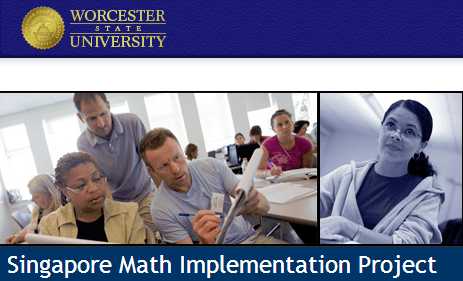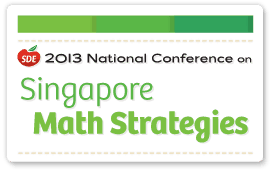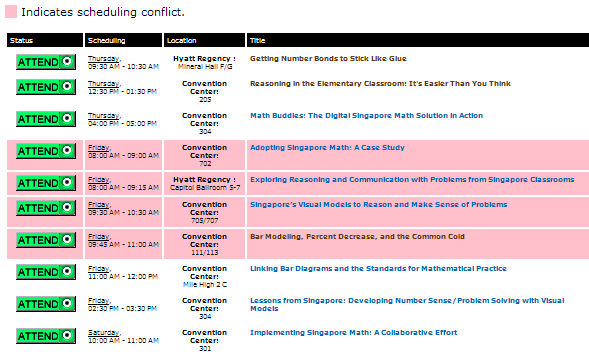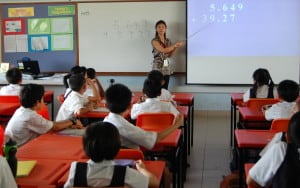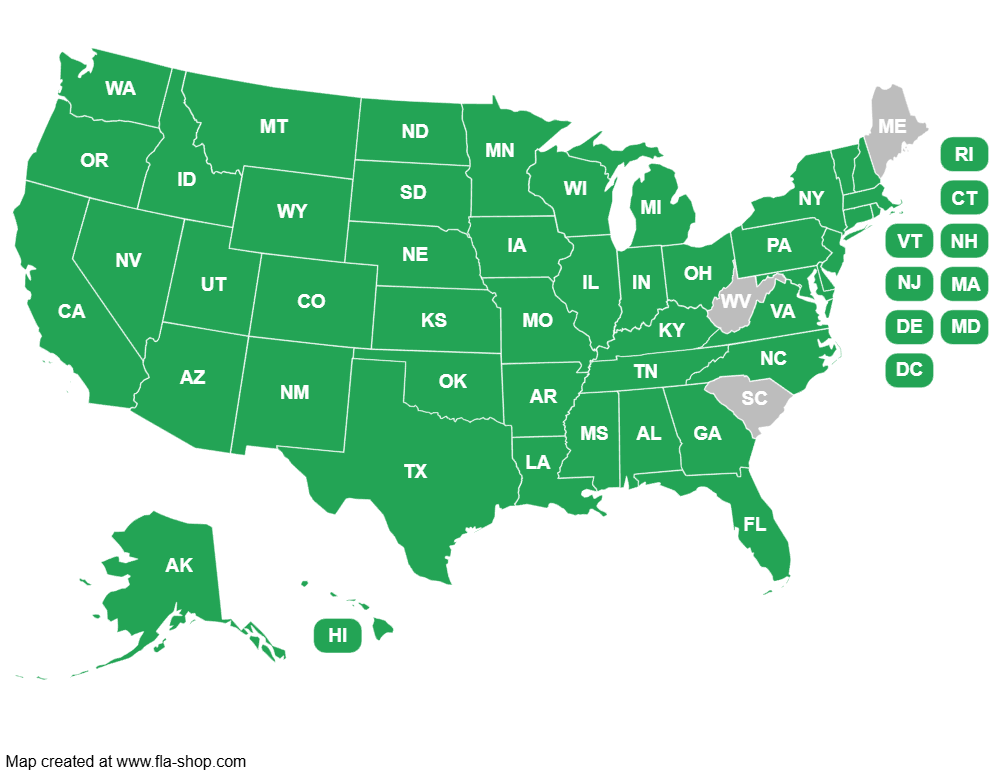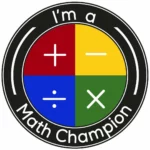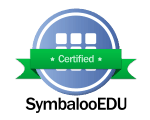Here are the 2014 dates for my BER seminars “How to Use the Best Strategies from Singapore Mathematics to Strengthen your Math Instruction” and “Boost Students’ Math Problem Solving Skills Using Singapore Model Drawing”
Specific locations and registration information available through March. I’ll update this post when the April and May dates are available. Now available!
Current 2014 dates – “How to Use the Best Strategies From Singapore Mathematics to Strengthen Your Math Instruction” (BER)
- Jan. 28 – St. Louis, MO
- Jan. 29 -Phoenix, AZ
- Jan. 30 – Seattle, WA
- Jan. 31 – Honolulu, HI
- Mar. 3 – Syracuse, NY
- Mar. 4 – Albany, NY
- Mar. 5 – Manchester, NH
- Mar. 6 – Providence, RI
- Mar. 7 – Boston, MA
- Mar. 31 – Minneapolis, MN-Rescheduled from Jan. 27
This overview of Singapore Math® strategies will put your students on the road to success with number sense, computation and problem solving. (Plus you a get a handy-dandy handbook!)
Your city not on the list? Contact me and I can bring my Singapore Math® workshop(s) to your school or district – email Cassy (at) singaporemathsource.com
